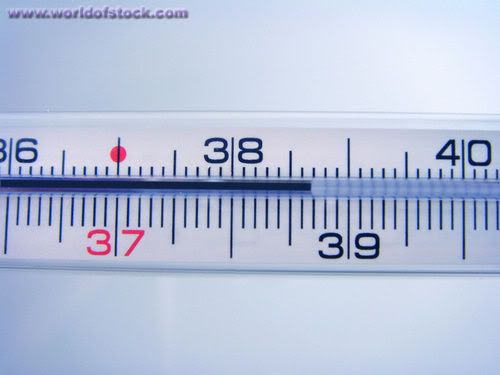Wall Street is sick. And its illness is Unchecked Greed. … The bug is call OPM.

Their fever has risen so dangerously high, that the Wizards of Wall Street, the Captains of Industry, for the most part see your assets as their “playing chips”.
Your Money, is their Bread and Butter.
Exploiting and Levering OPM (Other People’s Money) is the key to their Extreme Wealth.
This contagion on Wall Street has reached such a point, that one of those “Captains of Industry” has been speaking out against it. He has been working to “right the ship” of speculative, reckless investing, using our OPM, as the collateral.
Jack C. Bogle, founder and CEO of the Vanguard Group, is one of those “old school” investors — you know, that we should be “investing in a better future“, NOT just a “better bank account“.
Jack has listed the symptoms of this wide spread illness — NOW if only we could find some “Doctors” wise enough to quarantine the Damage …
The Damage unregulated greed has done … before they try to “go for broke” AGAIN …

